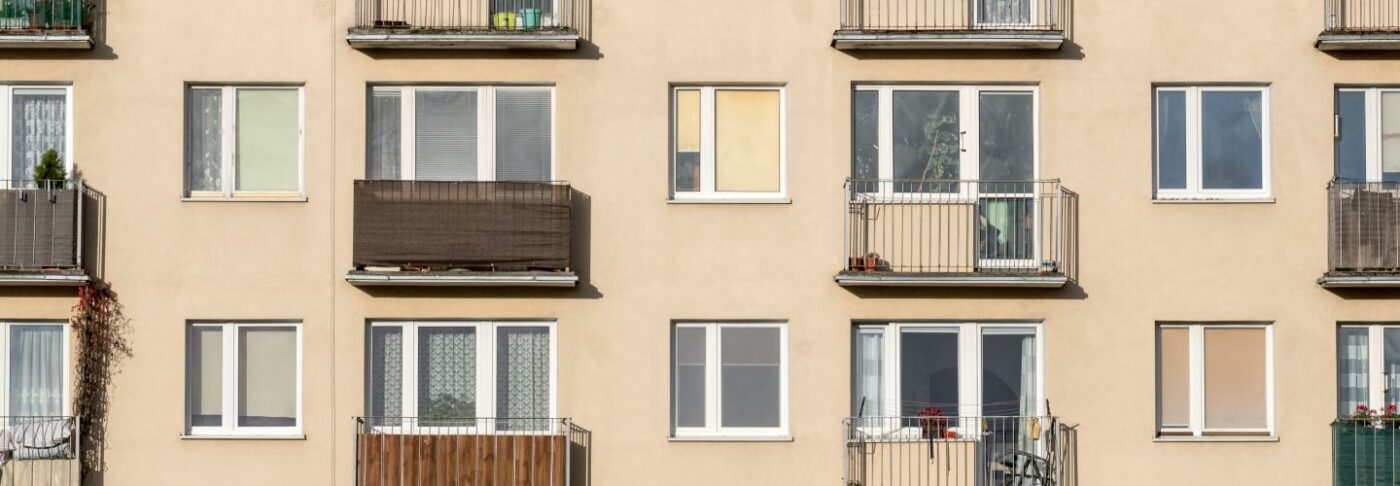
The government has announced that they will be bringing in reforms to the Right of Contest, along with introductions to the Right to Regenerate, in order to facilitate the sale of vacant land in England to the general public, so that it can be transformed into homes, community spaces and businesses. According to the latest statistics, there are currently over 25,000 council-owned houses and over 100,000 council-owned garages that are vacant and could be put to better use. While the Right to Contest does empower the public to purchase such vacant land and buildings in England, the red tape and complicated processes involved have been a major factor in holding back the sale of such vacant property.
In a consultation paper published on the Right to Contest, various reforms were proposed to simplify the process for the public to request the sale of underused property and land owned by public bodies in England. According to the statistics available, in recent years, the Right to Contest has not been used much, with only 192 requests submitted. Of these 192 requests, 145 were rejected, 27 were not valid, ten were withdrawn and nine are currently pending. In most cases of rejection, the most prominent cause was that the public body had intended use for the land.
The aim of this published consultation is to make the Right to Contest simpler to use by the general public and put vacant land to better use all over England. The proposed reforms also strengthen the rights of the general public to apply for unused, publicly owned, social housing and garages, providing opportunities to transform the local housing stock.
The proposal discusses that the public bodies owning the land would need to have clear plans for the land in the near future, even if only for temporary use before later development. If the land is left without use for too long, the council could be compelled to sell, with the Right of Refusal in the hands of the public. Currently, the rules do not give a right of first refusal as the government feels that this deters the public from making requests. The introduction of this particular Right of Refusal for the public is a game-changer as long as the government takes the social value of the building or land into account when determining the selling price.
The consultation also addresses the definition of ‘unused’ or ‘underused’ land so that it can offer better clarity to the public interested in making an application. It also looks into whether the definition of underused and unused property should include that owned by town and parish councils. Doing so would result in the increased effectiveness of the Right.
The government is currently inviting views to understand whether the applicants should be required to make their request under the Right, regarding council-owned land, to demonstrate that they have contacted their local authority, allowing requests submitted under the Right to progress more swiftly. The Right to Contest is currently understood to be used as a last resort in cases where the public bodies in charge are not engaging. Also, the consultation is accepting views on whether the vacant council-owned land should only be sold to someone who intends to redevelop the site and put it to good use.
